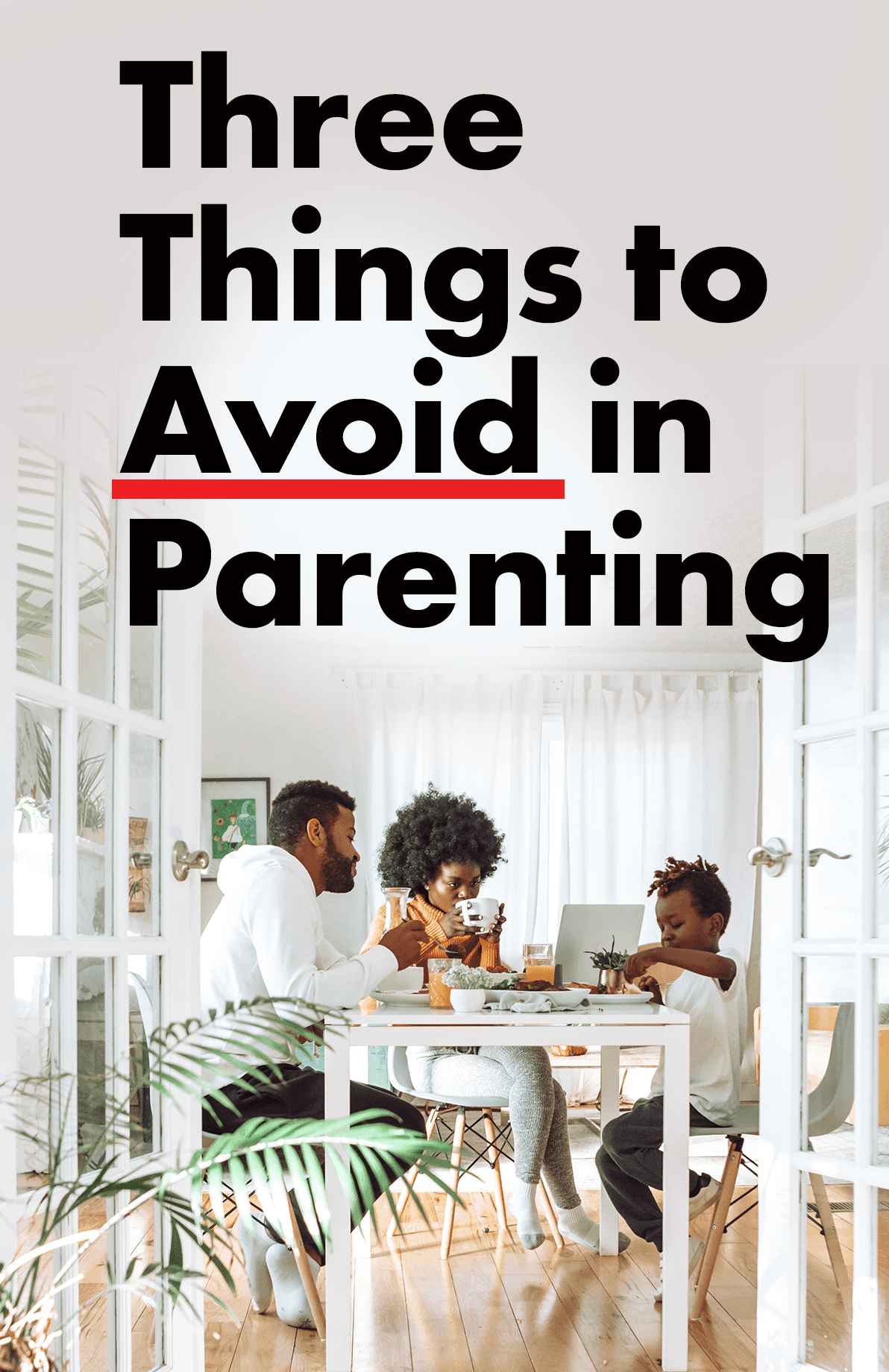Recognizing the Dangers


The following notes are based on the above video. Feel free to add to them throughout the video if you like by taking notes on your own, but hopefully they also allow you to relax and enjoy the video without feeling as though you need to write everything down.
Part 2
- Anger is not always bad. Even Jesus became angry. (John 2:13–17; Ephesians 4:26)
- Appeasing your child is not always bad. We should allow for grace, be benevolent, be kind-hearted, and not be so rigid.
- Apathy in and of itself is not bad. We should learn to be able to overlook things and disengage at times to allow for our child’s maturation.
Therefore, the point of emphasis regarding these three things is when they become chronic.
Chronic anger with threats
- One of the dangers of parenting with chronic anger is that at some point our children will close off their heart and shut down.
- Our children are not causing this chronic anger in us . . . they’re revealing it!
Chronic appeasement with treats
- When you appease, you’re not being a peacemaker. You’re being a spoiler.
- You haven’t solved the problem. You’ve created ongoing problems.
Chronic apathy with truancy
- Apathy from a parent toward a child as a coping method and to maintain respect does not work. It only creates apathy within the child toward the parent.
Discussion Questions
- Do you see chronic anger, chronic appeasement, and chronic apathy as a problem among many families today? Why or why not?
- Can you understand why parents use these methods to try and motivate respect? How is that working?
- Do you believe any of them may be a problem in your family? Which one(s)? What have been some of the unintended consequences due to your chronic anger, chronic appeasement, or chronic apathy?
- How has God used your children to parent you? What has He revealed to you through them about your anger?
- Emerson said, “When you appease, you’re not being a peacemaker. You’re being a spoiler.” Do you agree? Why or why not?
- Why does a parent’s coping method of disengaging from a child or situation not help long-term?
Three Things to Avoid in Parenting
Part 2
.svg)
.png)



.svg)



.svg)



